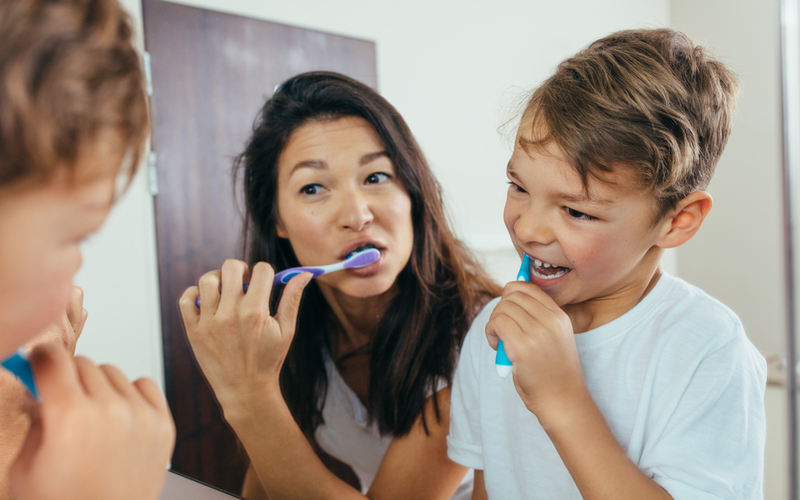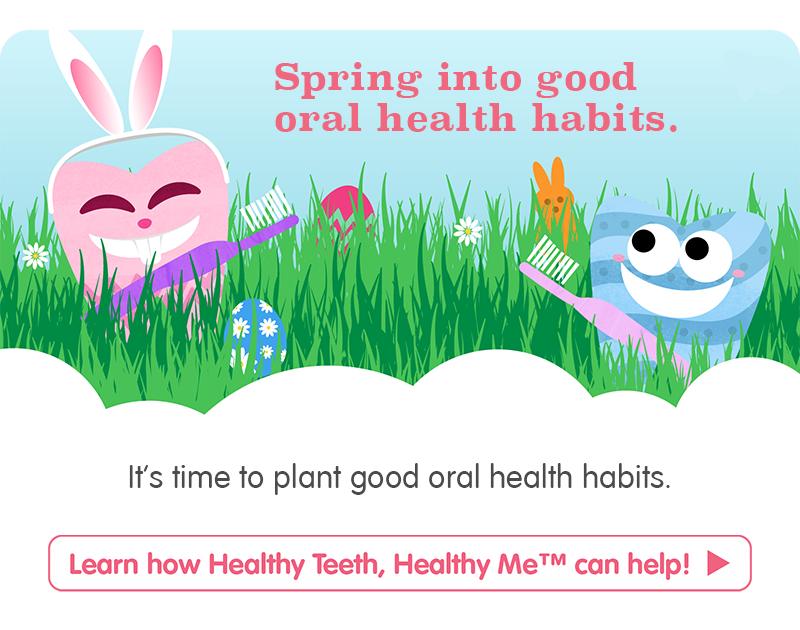Sending a child off to school for the first time is an emotional yet momentous occasion for parents and students alike. Once backpacks are filled, lunches are packed, and children successfully make it through their first few weeks of school most parents will breathe a sigh of relief. However, one significant element many families in Cochise County overlook is taking the time to schedule their children’s bi-annual dentist appointments.
Recent statistics show that 46 percent of young children in Cochise County have experienced tooth decay, and 31 percent of young children have untreated tooth decay. These numbers are alarming because if left untreated, tooth decay in children’s primary teeth can increase their risk of future problems, like damaged permanent teeth. Lack of early dental care can lead to susceptibility of infections in other parts of the body, delayed or impaired speech development, and even decreased self-esteem.
Back to school season is a perfect reminder for parents to begin implementing healthy oral hygiene routines with toddlers, preschoolers and Kindergarteners alike. Studies reveal that scheduling early visits to see the dentist, coupled with teaching proper oral hygiene habits at a young age, will drastically aid in the development of healthy adult teeth and gums.
“Many parents aren’t aware that by age 5, about 60 percent of U.S. children have oral health issues,” says Melissa Avant, First Things First Regional Director for the Cochise region. “This percentage can be drastically reduced by teaching children good oral hygiene habits at an early age. Another factor that will help decrease tooth decay and cavities in our youth is to utilize health insurance plans, including AHCCCS to schedule regular dental visits for children at little to no cost for the parent, depending on the policy.”
To help families get an early start, the First Things First Cochise Region is offering the following tips for parents just ahead of the back-to-school season:
- Start them young: Children should see a dentist for checkups and regular cleanings after the first tooth appears, or by the baby’s first birthday. The sooner this routine is implemented, the easier it will be to stick to, and the less anxious children will be leading up to their dental visits. Remember to schedule appointments for each child six months apart and mark the dates on your calendar, so they stay on your family’s radar.
- Make it fun: Let your child choose a toothbrush with their favorite character on it, play a two-minute song or video they can brush to, and utilize whatever technology is available to make brushing for two minutes, two times a day a fun event for your little one. There are many musical timers available for you to use online, including several options at Teeth.FirstThingsFirst.org.
- It’s a family affair: Always lead by example. If children see their parents happily brushing and flossing their teeth regularly, they’ll be more willing to join in without hesitation. Younger siblings will naturally imitate the older ones, and in no time the whole family will be on a tooth brushing schedule in the morning and evening. It’s important to stick to this routine, despite busy agendas, vacations and any other obstacles that could tempt you to skip or alter your family’s routine. Following the two minutes in the morning and two minutes before bed schedule will make a world of difference in your children’s long-term oral health.

Recent statistics, including a 2016 First Things First report, show that more than half of Arizona’s kindergarten children (52 percent) have occurrences of tooth decay, a level significantly higher than the national average for 5-year-olds (36 percent). The collaborative efforts of First Things First with Sesame Street in Communities’ Healthy Teeth, Healthy Me™ initiative strive to reduce these statistics by providing locals in Cochise County with the facts and resources necessary to promote proper dental care for the entire family.


